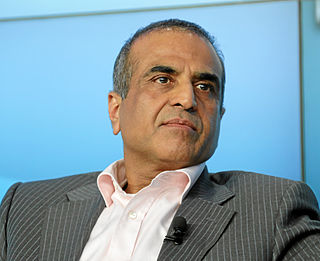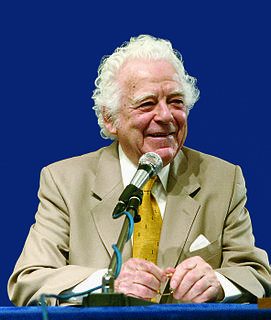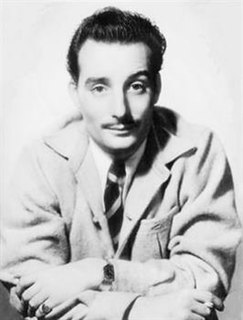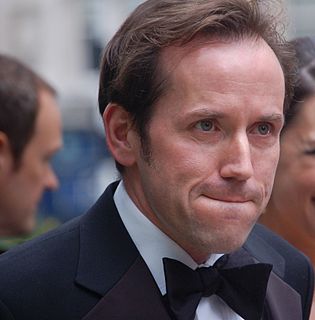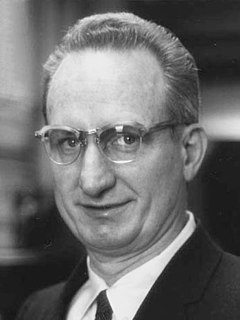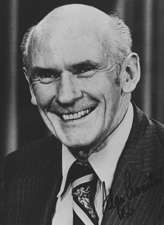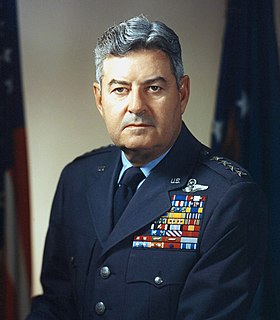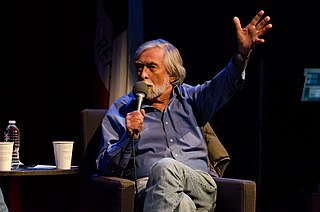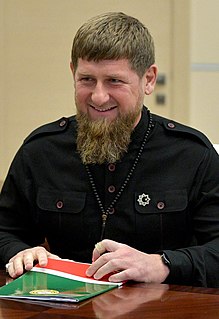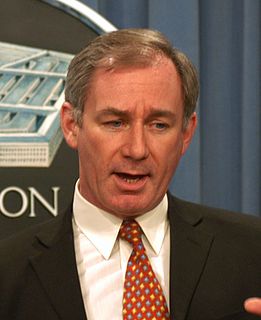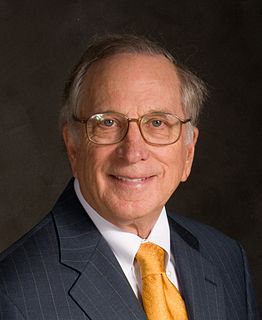Top 1200 Nuclear Deterrence Quotes & Sayings - Page 5
Explore popular Nuclear Deterrence quotes.
Last updated on April 21, 2025.
My activities, for which I gratefully accept this Award, are today what they have been for over thirty-five years and will be for the rest of my life: to counter governmental secrecy about the nuclear arms race that threatens the survival of life on earth; and to help build a world movement that will prevent a first use since Nagasaki of nuclear explosions, prevent or end interventions that could lead to such an event, and bring about a world free of nuclear weapons.
At a time when the threat of nuclear arms is again increasing, the Norwegian Nobel Committee wishes to underline that this threat must be met through the broadest possible international cooperation. This principle finds its clearest expression today in the work of the IAEA and its Director General. In the nuclear non-proliferation regime, it is the IAEA which ensures that nuclear energy is not misused for military purposes, and the Director General has stood out as an unafraid advocate of new measures to strengthen that regime.
What we said publicly is that we know that Saddam Hussein has chemical weapons, he's used them; we know about his biological weapons programs; and in the nuclear equation, left to his own devices, with no fissile material, by the end of the decade, he'll have a nuclear weapon. But if fissile material is provided to Saddam Hussein, he'll have a nuclear weapon within a year, so I'd say the year is the outside timetable.
International inspectors are on the ground and Iran is being subjected to the most comprehensive, intrusive inspection regime ever negotiated to monitor a nuclear program. Inspectors will monitor Iran's key nuclear facilities 24 hours a day, 365 days a year. For decades to come, inspectors will have access to Iran's entire nuclear supply chain. In other words, if Iran tries to cheat - if they try to find build a bomb covertly, we will catch them.
We're fundamentally opposed to the expansion of nuclear-weapons arsenals. This is why we have proposed the formation of an unbiased organization and the disarmament of the nuclear powers. We don't need any weapons. We're a civilized, cultured people, and our history shows that we have never attacked another country.
The time has come for those nations that rely on the force of nuclear armaments to respectfully heed the voices of peace-loving people, not least the atomic bomb survivors, to strive in good faith for nuclear disarmament and non-proliferation, and to advance towards the complete abolishment of all such weapons.
I think if terrorists had nuclear materials and found people to put a bomb together - both of which are possible - we would already have seen a nuclear explosion. But we have literally thousands of people around the world working their tails off and making a lot of sacrifices to contain nuclear materials. I particularly would like to compliment the Russians on this. In times of great economic distress, many of them could have made an awful lot of money if they had sold their expertise.













